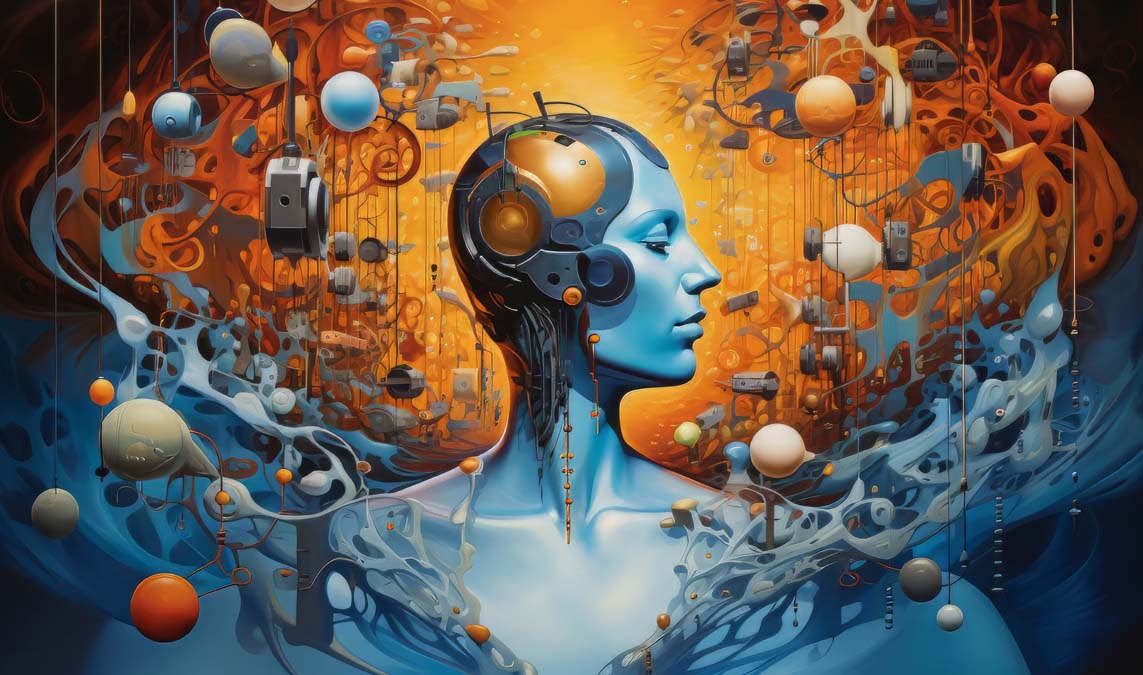Machine Learning Ethics: A Global Call for Responsible AI and Peaceful Innovation
In today’s digital era, machine learning is transforming every sector—from healthcare and finance to education and governance. However, as algorithms begin to influence critical decisions, the ethical implications of machine learning systems have become a global concern. “Machine learning ethics” is no longer a niche discussion for technologists; it is a shared responsibility that demands international cooperation, transparent development, and a commitment to global peace.
The Rise of Ethical AI
Machine learning ethics refers to the moral principles and values that guide the development and deployment of intelligent systems. These principles include fairness, accountability, transparency, privacy, and inclusivity. As AI tools become more powerful, the need to embed these values into machine learning pipelines has never been more urgent.
Fortunately, many countries are beginning to recognize this urgency. Governments, academic institutions, and tech companies worldwide are crafting guidelines to ensure that machine learning aligns with ethical standards. From the European Union’s AI Act to UNESCO’s recommendation on the ethics of artificial intelligence, there is a growing consensus that machine learning ethics must be a foundational part of innovation.
Uniting Nations Through Ethical Frameworks
One of the most promising aspects of machine learning ethics is its potential to unite nations. In a world often divided by politics, language, and economics, AI ethics offers common ground. Every country, regardless of its level of technological advancement, shares the goal of protecting human dignity and civil liberties.
For example, cross-border collaborations such as the Global Partnership on AI (GPAI) bring together experts from around the world to promote ethical AI development. Through shared research, regulatory standards, and public-private partnerships, these initiatives help ensure that machine learning solutions are designed to benefit all of humanity—not just a privileged few.
Moreover, ethical AI development can reduce geopolitical tensions. By agreeing on international norms for responsible AI use, nations can avoid an arms race in autonomous technologies or surveillance tools. Instead, they can focus on using machine learning to tackle global challenges like climate change, food insecurity, and humanitarian crises.
Addressing Bias and Inequality
However, uniting the world through machine learning ethics requires confronting some hard truths. Machine learning models are only as unbiased as the data they are trained on. If historical data reflects racial, gender, or socioeconomic biases, the resulting algorithms will too.
To address this, developers must proactively audit datasets, apply fairness metrics, and engage diverse stakeholders throughout the AI development process. Moreover, ethics boards and review panels should reflect global diversity, ensuring that decisions made in Silicon Valley or Shanghai consider the perspectives of marginalized communities in Africa, Latin America, or Southeast Asia.
Transparency is equally essential. Machine learning models—particularly deep learning systems—can be black boxes, difficult even for their creators to interpret. Ethical machine learning requires explainability, especially in high-stakes domains like criminal justice, credit scoring, and medical diagnostics.

Peace Through Ethical Innovation
Ethical machine learning is not only about preventing harm; it is also about actively promoting peace and equity. For instance, AI-powered conflict resolution platforms are now being deployed to analyze social media sentiment, predict civil unrest, and facilitate early interventions. Meanwhile, machine learning models trained on humanitarian data are helping distribute aid more efficiently in war-torn regions.
Furthermore, ethical AI can bridge educational divides. Platforms like Khan Academy and Duolingo use machine learning to personalize instruction, offering quality learning experiences to students in both developed and developing nations. These innovations do more than teach—they empower, uplift, and unify.
Even in healthcare, ethical AI is driving global good. Machine learning tools are being used to detect diseases like tuberculosis and cervical cancer in regions where medical professionals are scarce. However, to ensure these tools are ethical, they must be designed with cultural sensitivity, local validation, and full transparency.
The Role of Developers and Policymakers
The responsibility for ethical machine learning doesn’t rest solely with coders. Policymakers, business leaders, educators, and civil society must all play a role. Developers must be trained in ethical reasoning, just as much as they are trained in Python or TensorFlow. Policymakers must update legal frameworks to reflect the realities of algorithmic decision-making.
Importantly, regulation should not stifle innovation, but rather guide it. When nations align their laws around a shared vision of ethical AI, they not only protect their citizens—they build trust, encourage collaboration, and lay the foundation for peace.
Public awareness is also key. Citizens must be informed about how machine learning affects their lives, from facial recognition in public spaces to recommendation algorithms on social media. Transparency builds trust, and trust builds peace.
Toward a Shared Ethical Future
The future of machine learning will be defined not just by its capabilities, but by the values we embed into it. As AI continues to evolve, our ethical frameworks must evolve too—remaining flexible, inclusive, and globally aligned.
By adopting machine learning ethics as a shared international priority, we can move beyond reactive policy and into proactive, compassionate innovation. In doing so, we not only prevent harm, but also unlock AI’s potential to foster peace, equity, and prosperity on a truly global scale.
Conclusion
Machine learning ethics is more than a technical requirement—it is a moral imperative. As we stand on the brink of a new era of intelligent systems, the choices we make today will shape not just the future of technology, but the future of humanity. Through collaboration, transparency, and a commitment to justice, nations can unite around a shared vision of ethical AI.
Let us ensure that machine learning is not just smart, but wise. Not just powerful, but peaceful. And not just profitable, but just. Because in the ethics of machine learning lies the blueprint for a more inclusive, united, and peaceful world.








Add Comment